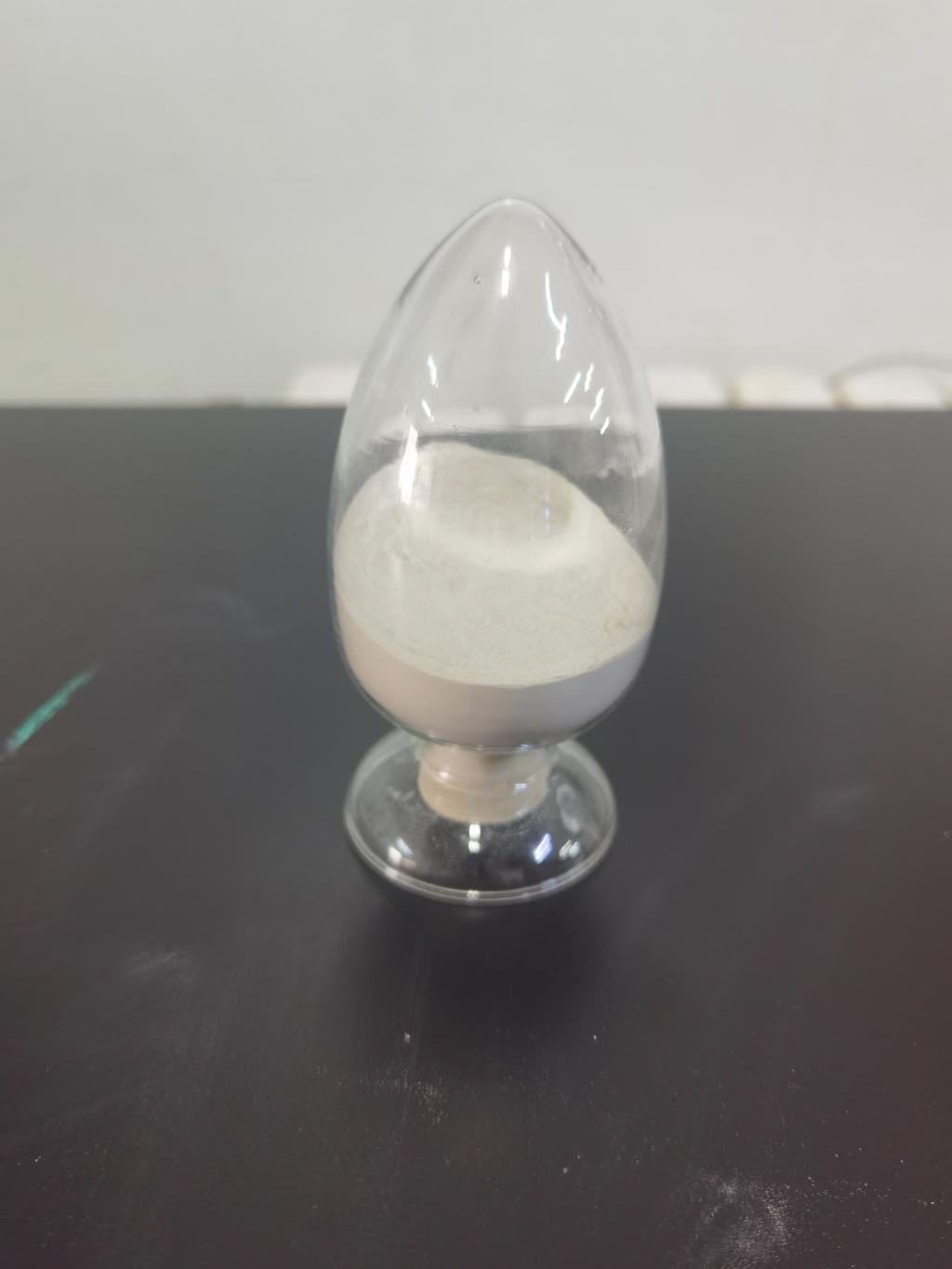Tel:+8618231198596

News
 CONTACT
CONTACT
 CONTACT
CONTACT
- Linkman:Linda Yao
- Tel: +8618231198596
- Email:linda.yao@dcpharma.cn
- Linkman:CHARLES.WANG
- Department:Overseas
- Tel: 0086 0311-85537378 0086 0311-85539701
News
Nisin: The Guardian of Food Quality and Freshness
TIME:2024-01-04
The Origins and Discovery of Nisin:
The story of Nisin begins with its discovery in the early 20th century, a time marked by groundbreaking advancements in microbiology. Edward A. Balch, an English chemist, identified and isolated Nisin from a strain of Lactococcus lactis, a bacterium used in the fermentation of dairy products. This discovery laid the foundation for the exploration of Nisin's remarkable properties as a potent antimicrobial agent.
Mechanisms of Action:
Nisin's effectiveness as a guardian of food quality lies in its unique mechanisms of action. Unlike conventional preservatives, Nisin operates by disrupting the cell membrane of target bacteria. Its primary target is lipid II, a crucial precursor in bacterial cell wall synthesis. Through a process of binding and pore formation, Nisin induces cell membrane disruption, leading to the demise of the targeted bacteria. This targeted approach, specific to bacterial cells, sets Nisin apart as a powerful and selective preservative.
Applications Across Food Matrices:
Nisin's versatility becomes evident when examining its applications across various food matrices. From dairy to meats, plant-based products to beverages, Nisin has proven its efficacy in preserving the quality and freshness of a diverse array of food items. Its ability to combat a broad spectrum of bacteria makes it a valuable asset for ensuring the safety and longevity of food products throughout the entire supply chain.
Nisin in the Dairy Industry:
Dairy products have been one of the primary beneficiaries of Nisin's protective qualities. In cheese production, for example, Nisin has demonstrated its effectiveness in controlling the growth of undesirable bacteria, contributing to the safety and shelf life of various cheese varieties. Its compatibility with the natural microflora of dairy products further establishes Nisin as a key player in maintaining the microbial stability crucial for the quality of dairy items.
Preserving Meats with Nisin:
The meat industry faces unique challenges in preserving the freshness of products due to their susceptibility to spoilage and pathogenic bacteria. Nisin has proven to be an invaluable tool in this context, inhibiting the growth of bacteria such as Listeria monocytogenes and extending the shelf life of processed meats. Whether in cured meats, sausages, or other meat products, Nisin's antimicrobial properties contribute significantly to the overall safety and quality of these items.
Nisin in Plant-Based and Alternative Products:
With the rise of plant-based and alternative protein products, preserving the freshness and safety of these items is paramount. Nisin, with its natural origins and compatibility with a variety of food matrices, emerges as a fitting solution. Its application in plant-based products, such as meat substitutes and dairy alternatives, showcases its adaptability to evolving consumer preferences and industry trends.
Guarding Beverages with Nisin:
Liquid food products, including beverages, present their own set of challenges in terms of preservation. Nisin, with its compatibility with a range of pH levels and temperatures, has found applications in inhibiting the growth of spoilage bacteria in juices, soft drinks, and other liquid formulations. By extending the shelf life of beverages, Nisin plays a crucial role in ensuring that consumers can enjoy these products with confidence in their safety and quality.
Addressing Challenges in Food Preservation:
While Nisin stands as a stalwart guardian of food quality, certain challenges and considerations merit attention. Issues such as the stability of Nisin under different processing conditions, potential interactions with other food components, and regulatory approvals require careful consideration. Ongoing research and collaboration between researchers, industry professionals, and regulatory bodies aim to address these challenges, paving the way for optimized and widespread use of Nisin in diverse food applications.
Consumer Perception and Clean Label:
In an era where consumers are increasingly mindful of the ingredients in their food, the clean label trend has gained significant traction. Nisin aligns seamlessly with this trend, being a naturally occurring peptide with a straightforward origin. As a clean-label preservative, Nisin caters to the preferences of consumers who seek minimally processed and naturally preserved foods, contributing to a positive perception of food products that prioritize both safety and transparency.
Future Directions and Innovations:
Looking ahead, the journey of Nisin as the guardian of food quality and freshness continues to unfold. Ongoing research is exploring innovative ways to harness the full potential of Nisin in food preservation. This includes investigating its synergistic effects with other natural preservatives, exploring novel delivery systems, and adapting its use for emerging food trends. The potential applications of Nisin in addressing global challenges, such as food security and reducing food waste, underscore its significance in shaping the future of the food industry.
Conclusion:
In conclusion, Nisin's role as the guardian of food quality and freshness stands as a testament to the transformative power of natural antimicrobial agents. From its discovery in the early 20th century to its widespread applications across diverse food matrices, Nisin has become an indispensable tool in the food industry's arsenal for preserving safety and quality. As the global demand for sustainable and effective food preservation methods continues to rise, Nisin emerges as a beacon of innovation, contributing to the production of safer, longer-lasting, and higher-quality food products. With ongoing research and a commitment to addressing challenges, Nisin's journey as a guardian is poised to leave a lasting impact on the future of food preservation.
- Tel:+8618231198596
- Whatsapp:18231198596
- Chat With Skype







